Hedge Fund Market Wizards: How Winning Traders Win
$15.81
Exploring what makes a great trader a great trader, Hedge Fund Market Wizards breaks new ground, giving readers rare insight into the trading philosophy and successful methods employed by some of the most profitable individuals in the hedge fund business.
Author’s Note:
This volume is part of my continuing effort to meet with exceptional traders to better understand the elements underlying their success and what differentiates them from the multitude of pedestrian market participants. The traders interviewed range from the founder of the largest hedge fund in the world, managing $120 billion in assets with 1,400 employees, to a manager running a solo operation with only $50 million in assets. Some of the managers trade from a long-term perspective, holding positions for many months and even years, while others focus on trading horizons as short as a single day. Some managers utilize only fundamental data, others only technical input, and still others combine both. Some of the managers have very high average returns with substantial volatility, while other managers have far more moderate returns, but with much lower volatility.
The one characteristic that all the managers share is that they have demonstrated an ability to generate superior return/risk performance. Because so much of what passes for high returns merely reflects a willingness to take more risk rather than being an indication of skill, I believe that return/risk is a far more meaningful measure than return alone. In fact, the fixation of investors on return without the appropriate consideration of risk is one of the great investment mistakes—but that is a story for another book. One return/risk measure that I have found particularly useful is the Gain to Pain ratio—a statistic that is explained in Appendix A.
There were three key criteria for selecting interviews to be included in this book:
- The managers had superior return/risk track records for significant length periods—usually (but not always) 10 or more years and often much longer.
- The managers were open enough to provide valuable advice about trading.
- The interviews provided sufficient color to allow for a readable chapter.
A half dozen of the interviews I did for this volume were not used because they fell short in one or more of these categories. Over longer-term intervals (e.g., 10 years, 15 years), hedge funds consistently outperform equity indexes and mutual funds.1 The typical pattern is that hedge funds, as a group, will have modestly higher returns, but far lower volatility and equity drawdowns. It is ironic that in terms of any type of risk measure, hedge funds, which are widely viewed as highly speculative, are actually much more conservative than traditional investments, such as mutual funds. It is primarily as a consequence of lower risk that hedge funds tend to exhibit much better return/risk performance than mutual funds or equity indexes. Moreover, with rare exception, the best managers are invariably found within the hedge fund world. This fact is not surprising because one would expect the incentive fee structure of hedge funds to draw the best talent.
Contents:
- Colm O’Shea
- Ray Dalio
- Larry Benedict
- Scott Ramsey
- Jaffray Woodriff
- Edward Thorp
- Jamie Mai
- Michael Platt
- Steve Clark
- Martin Taylor
- Tom Claugus
- Joe Vidich
- Kevin Daly
- Jimmy Balodimas
- Joel Greenblatt
Hedge Fund Market Wizards: How Winning Traders Win By Jack D. Schwager pdf
| Author(s) | |
|---|---|
| Format | |
| Pages | 271 |
| Publication Year | 2012 |
Only logged in customers who have purchased this product may leave a review.


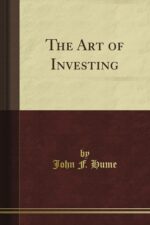
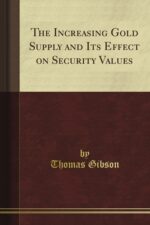
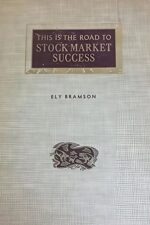
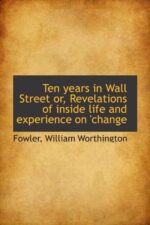
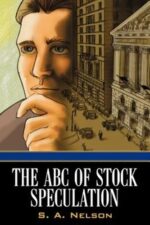
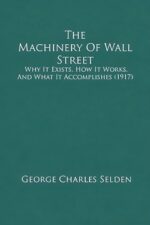
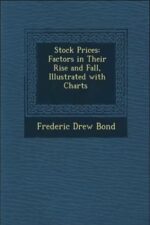
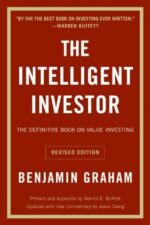
Reviews
There are no reviews yet.